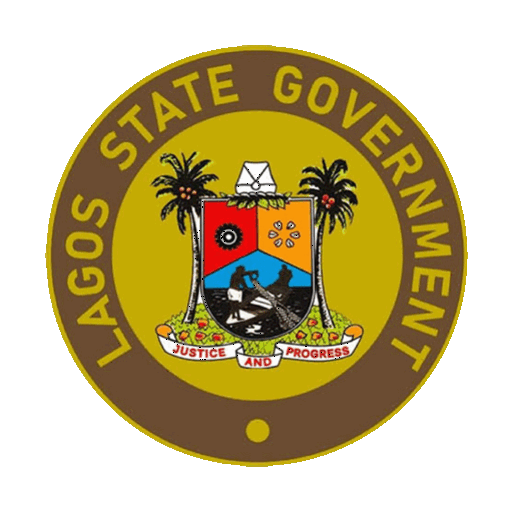
Titi Oshodi
Special Adviser to Lagos State Governor
Climate Change & Circular Economy
His Excellence, Gov. Babajide Olusola Sanwo-Olu, created the Office of Climate Change & Circular Economy (OCCE) to mitigate the impact of climate change on the lives and living of the people, businesses, and government of Lagos.
Lagos State must not just act to mitigate the impacts of climate change and protect its fragile ecosystems; it must harness the enormous potential of circular economy to create opportunities for the collective well-being and prosperity of all stakeholders.
Our vision to position Lagos State as the most sustainable city on earth is not only ambitious but also imperative in the face of escalating global challenges related to climate change and the urgent need for circular economy practices.
Climate change presents a significant threat to our environment, economy, and overall well-being of the people of Lagos. According to the Intergovernmental Panel on Climate Change (IPCC), the average global temperature is rising, leading to more frequent and severe weather events, such as floods and heatwaves. Lagos, being a coastal city, is particularly vulnerable to the impacts of climate change, including rising sea levels and extreme weather events.
Circular economy principles are crucial in mitigating the adverse effects of climate change by reducing waste and promoting the efficient use of resources. Like many urban cities, Lagos faces the challenges of waste management and pollution. Embracing circular economy practices can not only alleviate these issues but also contribute to the reduction of greenhouse gas emissions. According to the World Economic Forum, transitioning to a circular economy could cut global carbon emissions by 39% by 2030.
We aim to bridge the knowledge gap between the government and the people through education campaigns and advocacy initiatives by fostering a deeper understanding of the link between climate change, circular economy practices, and the well-being of the communities.
Ultimately, we want to position our dear state as a leader in sustainability so our city can inspire other urban centres to take similar actions, contributing to a more sustainable and resilient future for our planet.


